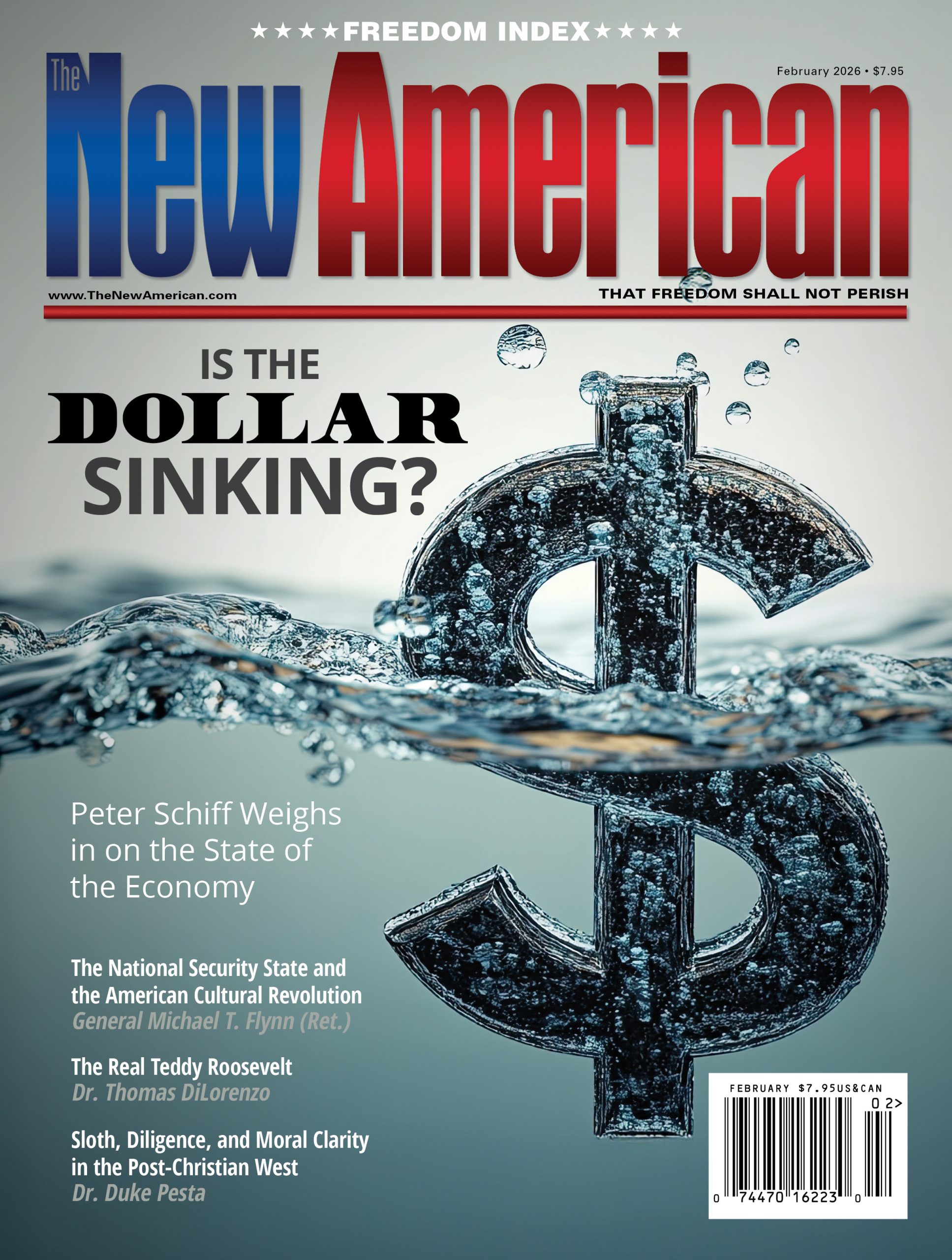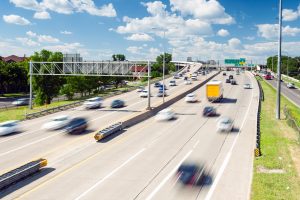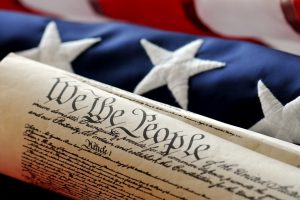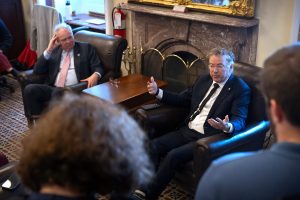
April Gun Sales Continue Surge After Record-breaking March
An estimated 1.8 million guns were sold in America in April, according to the research consultancy Small Arms Analytics and Forecasting. This is a 71-percent increase from last April, and a continuation of the surge that began in March when a record of more than 2.5 million firearms were sold to Americans.
Mark Oliva, a spokesman for the National Shooting Sports Foundation (NSSF), said the reasons for the continuing surge are simple:
This shows us there is continued appetite among Americans to be able to provide for their own safety during times of uncertainty. These are buyers who have witnessed their governments empty prisons….
Police departments are stretched beyond capacity in many cases. Law-abiding Americans recognize this and are exercising their right to own a gun and defend themselves and their loved ones….
Our rights don’t end during a pandemic. In fact, the need for responsible and law-abiding adults to exercise their rights is magnified.
Timothy Lytton, professor of law at Georgia State University and an expert on the U.S. gun industry, agrees. Civil society could be severely “eroded” during the crisis, leading to a possible breakdown of law and order. In that case, said Lytton, a firearm can be viewed as a “self-help” survival tool in such a circumstance.
He adds a more important reason: “Many of the public health measures, such as shelter-in-place, restricting peoples’ movements, restricting what people can buy … raises fears among many of the potential for government takeover and tyranny.”
Amy Hunter, a spokeswoman for the National Rifle Association (NRA), comes closer to the real reason for the continuing surge:
Headlines about prisoner furloughs and law enforcement selectively responding to calls have made many realize the gravity of self-defense during these unprecedented times.
In addition, efforts by some anti-gun politicians to shutter gun stores have deeply concerned law-abiding Americans. That is why the NRA makes no apology for our efforts to ensure gun stores stay open so law-abiding people can exercise their right to defend themselves and their families.
Anti-gunners were appalled at the statistics. Kris Brown, president of the Brady Campaign, declared, “There is no constitutional right to immediately buy or sell guns. And there is certainly no right to spread [the] coronavirus while buying or selling guns.”
John Feinblatt, president of Everytown for Gun Safety (founded and funded by anti-gun billionaire Michael Bloomberg), complained that “giant loopholes in America’s background check law make it all too likely that today’s surge in gun sales will lead to tomorrow’s surge in gun violence.”
This was echoed by Shannon Watts, founder of Moms Demand Action (now a subset of Bloomberg’s Everytown for Gun Safety): “This continued surge in gun sales is bringing new risks into American homes that will linger long after the pandemic [is over].”
Such false claims have kept author and researcher John Lott increasingly busy. Author of More Guns, Less Crime and The Bias Against Guns, Lott has to continually update the statistics showing such concerns are unwarranted.
In April 2016, he updated a previous study, “Murder and Homicide Rates Before and After Gun Bans,” and concluded, “Every place that has banned guns (either all guns or all handguns) has seen murder rates go up. You cannot point to one place where murder rates have fallen, whether it’s Chicago or D.C. or even island nations such as England, Jamaica or Ireland.
The updated study, available here, reveals that homicide rates increased when restrictions on private ownership of firearms are put in place. That includes Britain, Wales, Ireland, Jamaica, Chicago, or Washington, DC.
There is one conclusion as American citizens continue to exercise their Second Amendment-protected rights in response to the current coronavirus edicts: The country will be an even safer place to live after those edicts are repealed.
An Ivy League graduate and former investment advisor, Bob is a regular contributor to The New American, writing primarily on economics and politics. He can be reached at [email protected].




